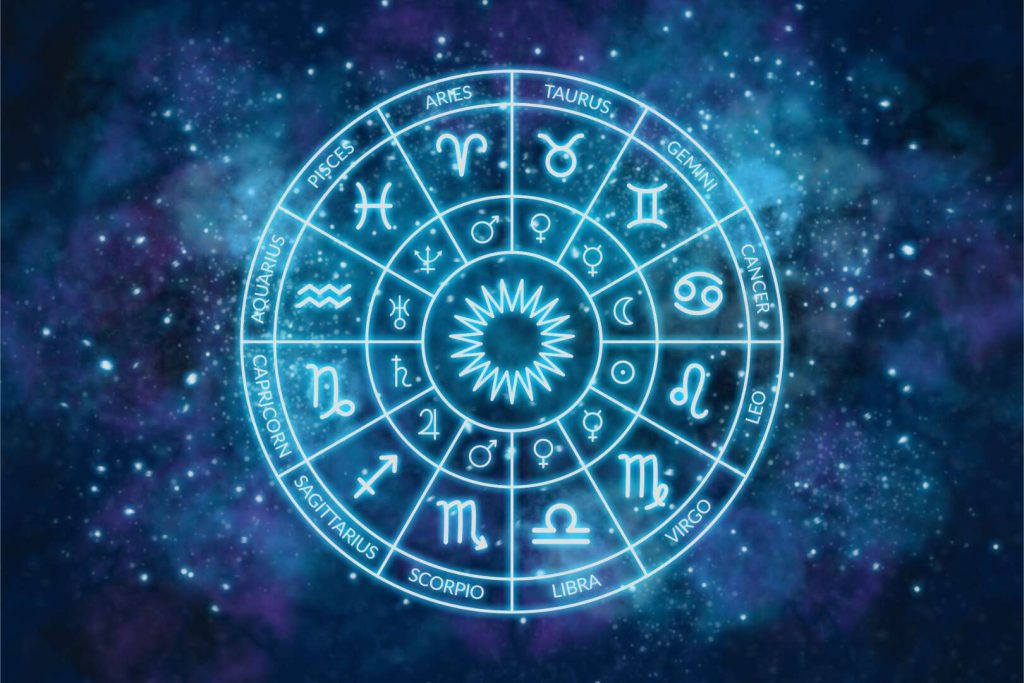
An astrologer plays a vital role in Indian weddings as they match the horoscopes (kundlis) of the bride and groom to ensure compatibility and a harmonious married life. This ancient practice is believed to help avoid future conflicts and align the couple’s destinies. Astrologers also suggest auspicious dates and times (muhurat) for the wedding rituals, enhancing spiritual significance. Their guidance often extends to naming ceremonies, rituals, and even resolving family concerns.
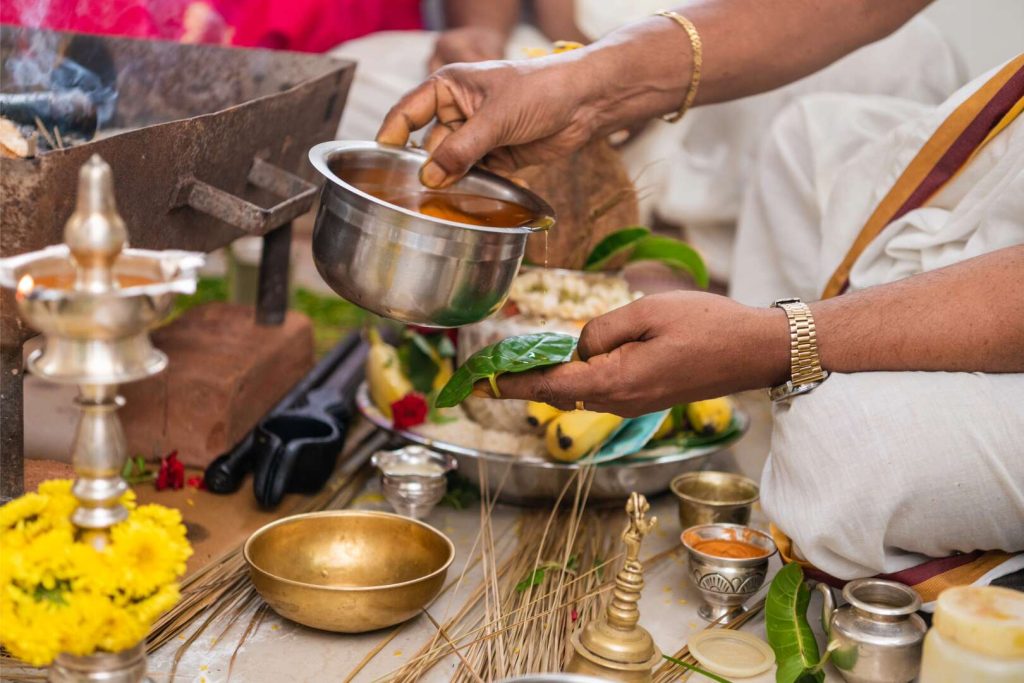
Purohits, or priests, are central to Indian weddings as they perform the sacred rituals and chants that solemnize the marriage according to religious customs. They guide the couple through traditional rites like the saptapadi (seven steps) and havan (sacred fire ceremony), invoking divine blessings for a prosperous married life. Their presence ensures that the wedding is conducted in accordance with scriptural traditions and cultural values. Purohits also educate the couple about the spiritual meaning behind each ritual.
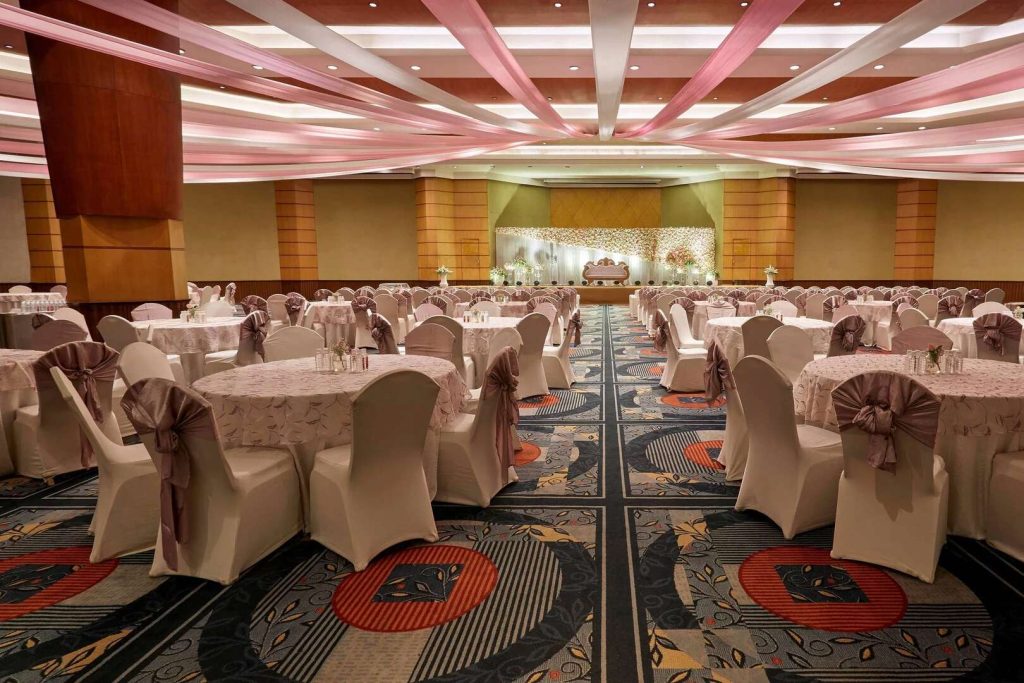
A marriage hall serves as the primary venue for hosting Indian wedding ceremonies and receptions, offering space to accommodate large gatherings of family and friends. These halls are often equipped with essential facilities like seating arrangements, dining areas, decoration options, and audio-visual systems. Choosing the right marriage hall is important for convenience, ambiance, and smooth coordination of wedding events. A well-managed marriage hall contributes significantly to the comfort and overall experience of the celebration.
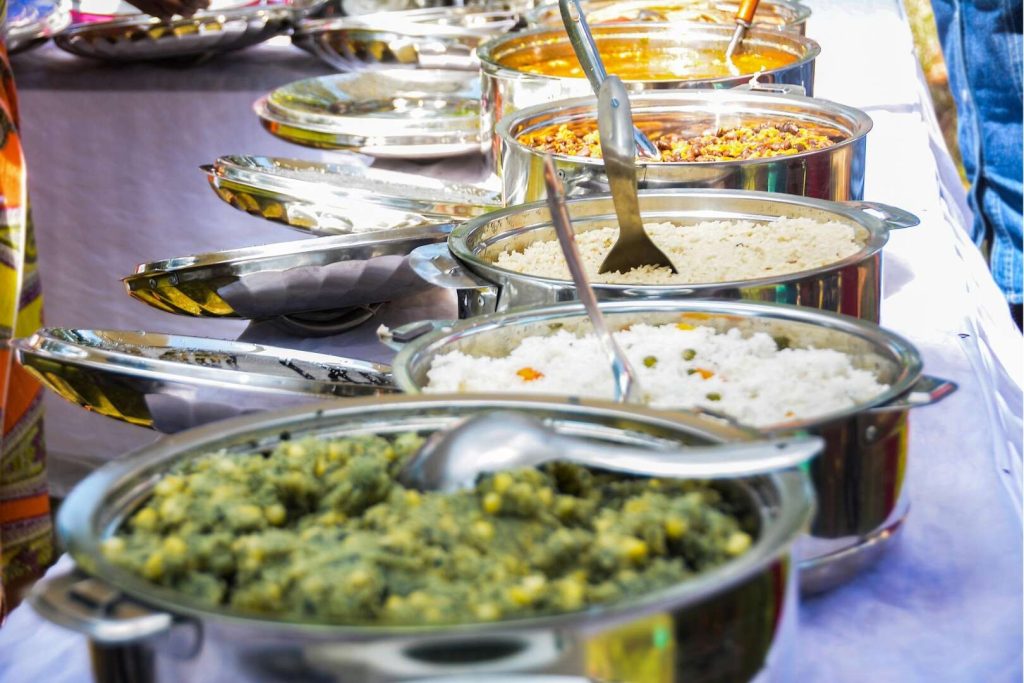
Catering is a key aspect of Indian weddings, as food plays a central role in hospitality and celebration. A good catering service provides a diverse and delicious menu that reflects regional tastes and cultural traditions. From elaborate buffets to traditional sit-down meals, the presentation and flavor of the food leave a lasting impression on guests. Caterers also handle logistics like food preparation, serving, and hygiene, ensuring a seamless dining experience. In Indian weddings, the quality of catering is often remembered as much as the ceremony itself.
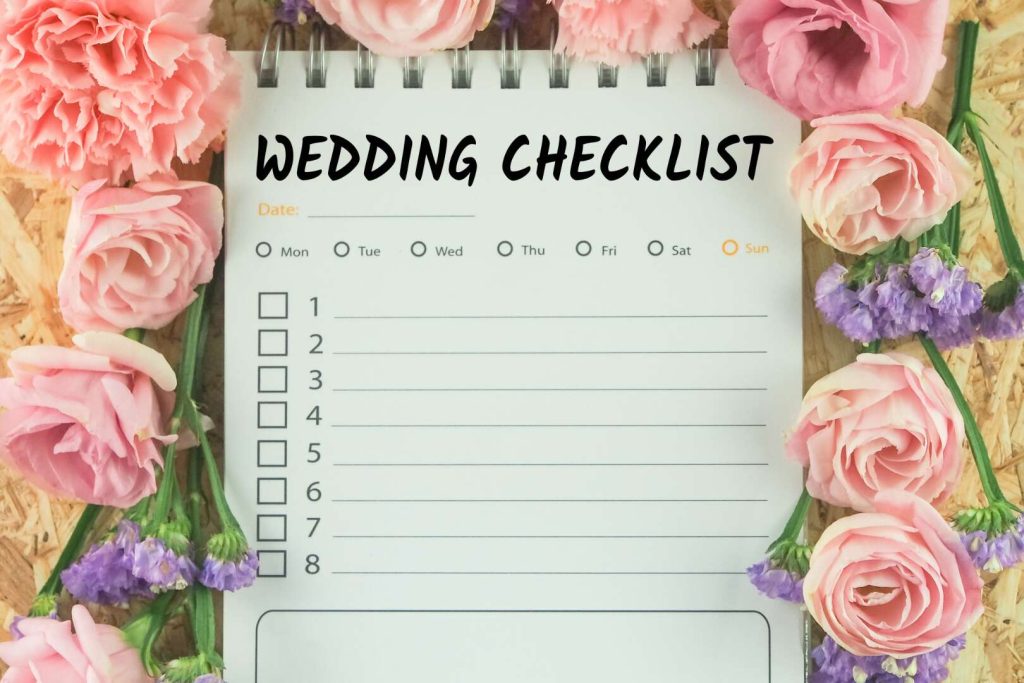
An event manager is crucial in Indian weddings for coordinating and executing every detail to ensure a smooth and memorable celebration. They handle planning, logistics, vendor management, and on-the-day coordination, reducing stress for the families. From décor and lighting to scheduling rituals and entertainment, the event manager ensures everything runs on time and within budget. Their expertise brings creativity, organization, and professionalism to the event. With growing wedding complexities, hiring an event manager has become a popular choice for hassle-free and grand celebrations.
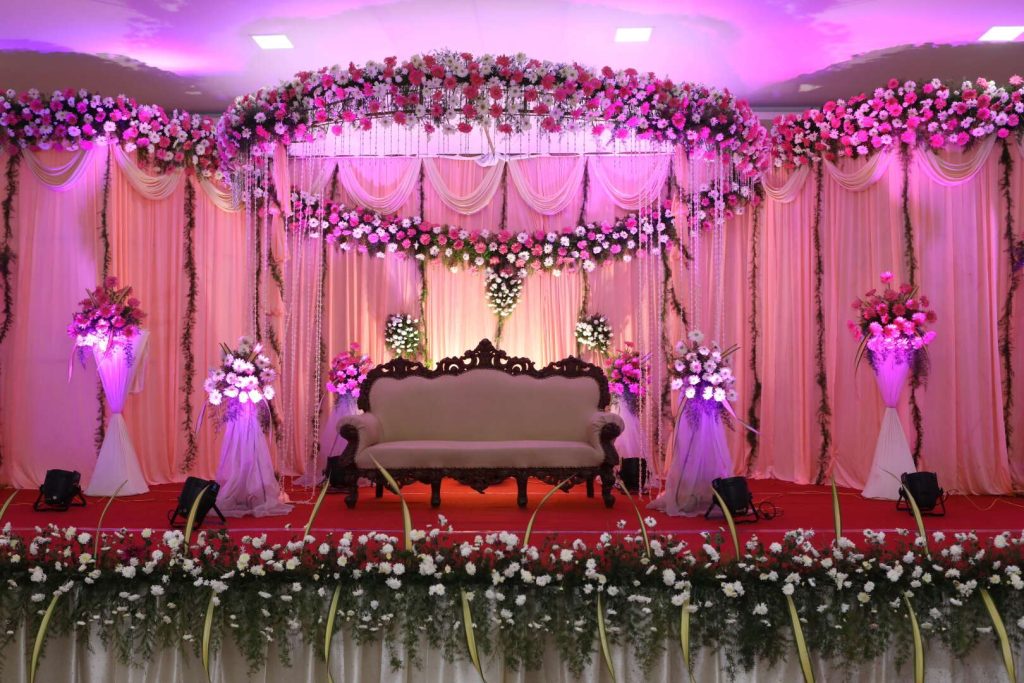
Decoration plays a vital role in Indian weddings, setting the tone and ambiance for the entire celebration. It reflects the couple’s personality, cultural themes, and family traditions through colors, flowers, lights, and artistic designs. From the mandap (wedding altar) to the entrance and dining area, every corner is adorned to create a festive and memorable atmosphere. Professional decorators help bring creative visions to life, blending aesthetics with practicality. A well-decorated venue enhances the visual appeal and leaves a lasting impression on guests.
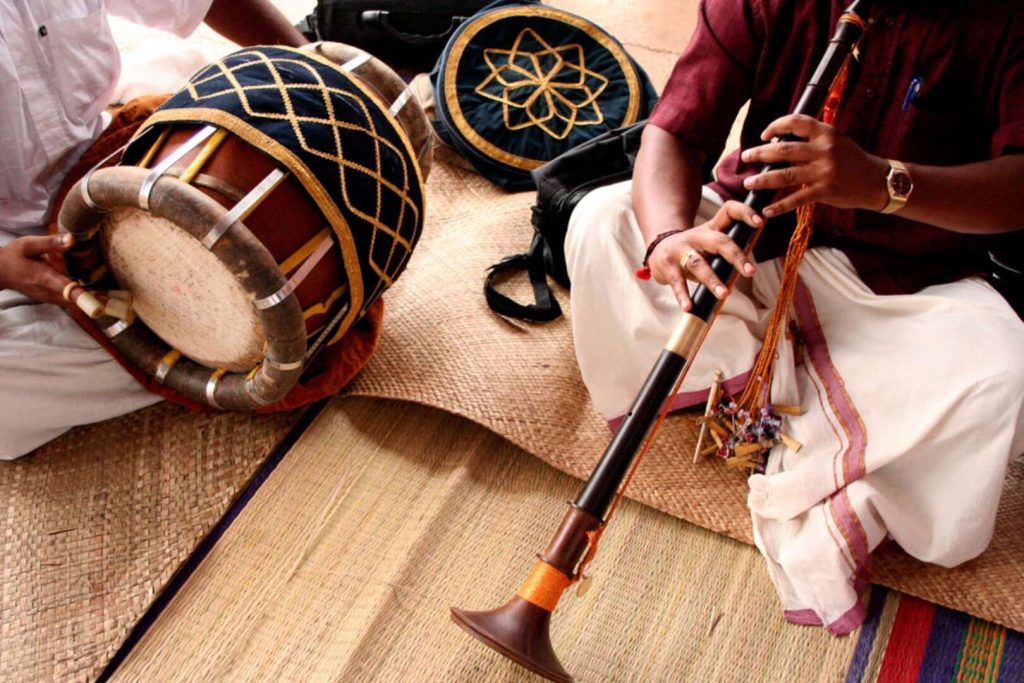
Music or melam (traditional ensemble) is an integral part of Indian weddings, adding rhythm, energy, and emotion to the celebration. It accompanies key moments like the bridal entry, processions, and rituals, enhancing their cultural and spiritual significance. In South Indian weddings, nadaswaram and thavil are commonly played, while North Indian weddings may feature bands, DJs, or folk performances. Melam creates a festive atmosphere and unites guests in joy and celebration. The right music elevates the entire wedding experience, making it lively and unforgettable.
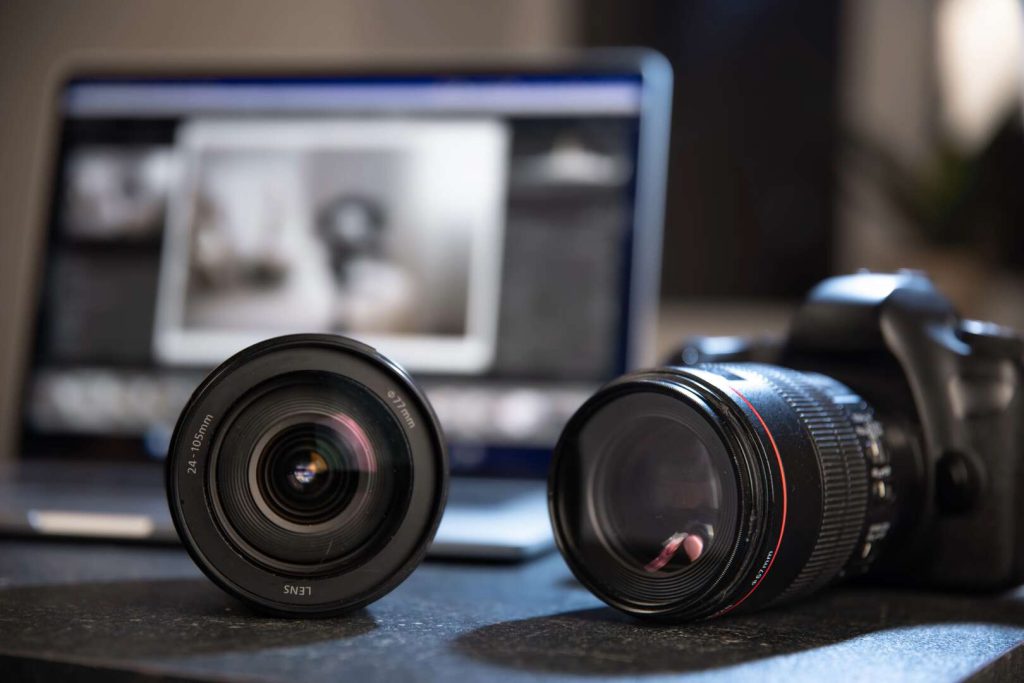
Photography and videography are essential in Indian weddings for capturing the cherished moments, emotions, and grandeur of the occasion. They document rituals, candid interactions, and family bonds, creating lifelong memories for the couple and their families. Professional photographers use creative techniques and storytelling to bring out the beauty and significance of each ceremony. Videography often includes cinematic highlights and traditional coverage, preserving the essence of the event. In today’s digital age, wedding albums and videos are treasured keepsakes that are shared and remembered for generations.
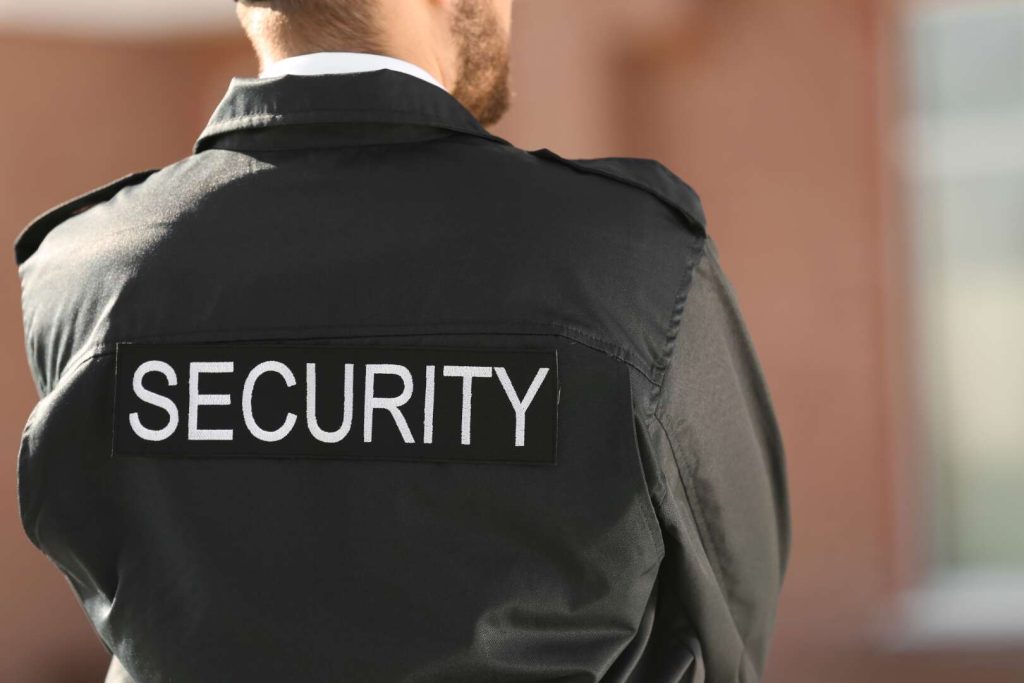
Security is an important aspect of Indian weddings, ensuring the safety of guests, valuables, and smooth management of large gatherings. With the presence of high-value jewelry, gifts, and cash, professional security personnel help prevent theft and manage crowd control. They also assist in regulating entry, parking, and handling any emergencies or disturbances. Security services provide peace of mind to the hosts, allowing them to focus on the celebration. In high-profile or large-scale weddings, a strong security presence is essential for maintaining order and safety throughout the event.
